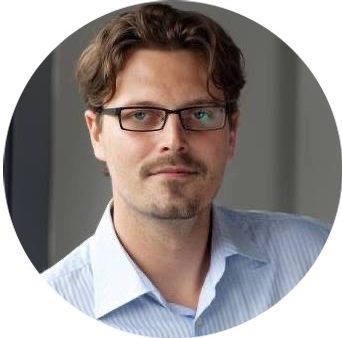
There was no empirical evidence about how Roman Catholic secular priests were coping with stressors and specific challenges associated with their vocation and social role. This qualitative research examined help-seeking attitudes and coping strategies used by them. Twelve participants shared their experiences during semi-structured interviews which were subjected to interpretative phenomenological analysis. Although the priests recognized existing resources of social support or professional help, they generally underutilized them due to various personal and cultural factors. Religious coping was perceived as an expected strategy to maintain emotional balance. Priests reported avoiding disclosing personal problems to lay people in an attempt to maintain a positive image of themselves and of the Church, and to comply with group norms. They only sought professional help with reluctance and as a last resort, associating it with self-stigma. This study alerts mental health professionals to specific challenges and needs experienced by diocesan priests, and common barriers to help-seeking. Further research recommendations are also suggested.
Publications in academic journals:
Research team:
Igor Pietkiewicz, Ph.D., Dawid Bachryj, M.Sc.

Samodzielny pracownik naukowy zatrudniony na stanowisku badawczym w Instytucie Psychologii Akademii Ignatianum w Krakowie, kierownik Centrum Badań nad Traumą i Dysocjacją (CBTD), psychoterapeuta i superwizor psychoterapii. Od wielu lat jest mentorem i członkiem zarządu European Society for Trauma & Dissociation (www.estd.org), a obecnie pełni funkcję przewodniczącego tego Towarzystwa. Posiada certyfikat psychoterapeuty i superwizora Sekcji Naukowej Psychoterapii Polskiego Towarzystwa Psychiatrycznego, Europejski Certyfikat Psychoterapeuty, certyfikat terapeuty i konsultanta EMDR Europe. Prowadzi praktykę prywatną w Katowicach, gdzie zajmuje się głównie pacjentami dorosłymi z doświadczeniami traumy złożonej. Pracuje w języku polskim i angielskim.